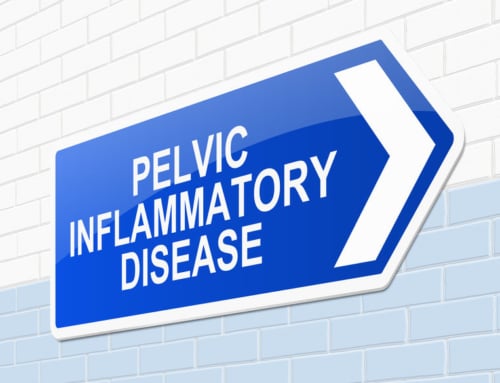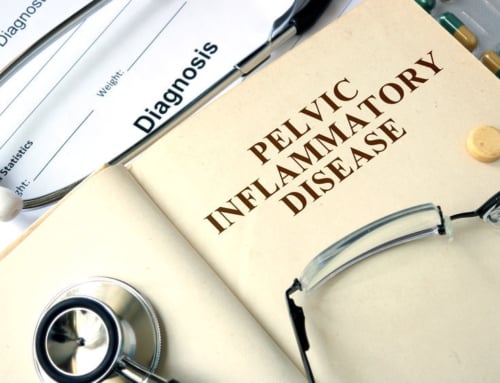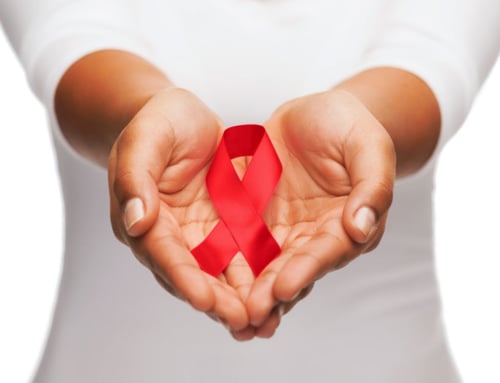Preventing Breast Cancer Before Age 40
Women typically don’t need breast cancer screenings such as mammograms before the age of 40. However, there are several preventative steps a woman can take in younger years to decrease the chances of developing breast cancer. Early detection is essential. At-home breast exams, getting plenty of exercise, limiting alcohol and smoking, and scheduling regular doctor visits will play a significant role in breast cancer prevention.
Why are medical screenings important?
Medical screenings are essential for disease prevention. The screenings can spot symptoms showing potential for disease development or catch a disease in the early stages. Catching a condition in the early stages makes treatment and finding a cure easier. Medical screenings will include a physical exam as well as age, sex, environmental factors, and family history. A doctor requesting a specific type of medical testing does not mean a disease is present. Medical screenings are a significant part of preventative care. Additional information needed after the screening will be gathered through diagnostic testing.
Lifestyle changes to lower risk
Even for women with a high risk of developing breast cancer, lifestyle changes can decrease the risk. A healthy diet, exercising, and maintaining a healthy weight is an essential part of prevention. Obesity increases the risk of breast cancer. Daily exercise can help an individual maintain a healthy weight and thus decreasing the chance of developing breast cancer. Smoking and high alcohol consumption increase the risk, especially in premenopausal women. Lowering the amount of alcohol consumed and quitting smoking is beneficial for both cancer prevention and total body health.
Other risk factors
Limiting amounts of hormone therapy and exposure to environmental pollutants such as radiation will help decrease breast cancer risks. Breastfeeding is thought to play a role in breast cancer prevention, and the longer the breastfeeding, the better the effect. Family medical history and genetics also play a vital role in the likelihood of developing cancer. Self-checks for lumps, regular doctor visits, and annual mammograms will help a woman stay on top of overall health.
Prevent and protect
Not all breast cancer screenings are alike, and a doctor can explain all the pros and cons. Early detection is an essential part of prevention. Lifestyle changes such as maintaining a healthy weight and limiting exposure to pollutants will help keep the body healthy. Self-checks for lumps, regular doctor visits, and annual mammograms will help a woman stay on top of overall health. Schedule an appointment with an OB/GYN to help keep health on track.







